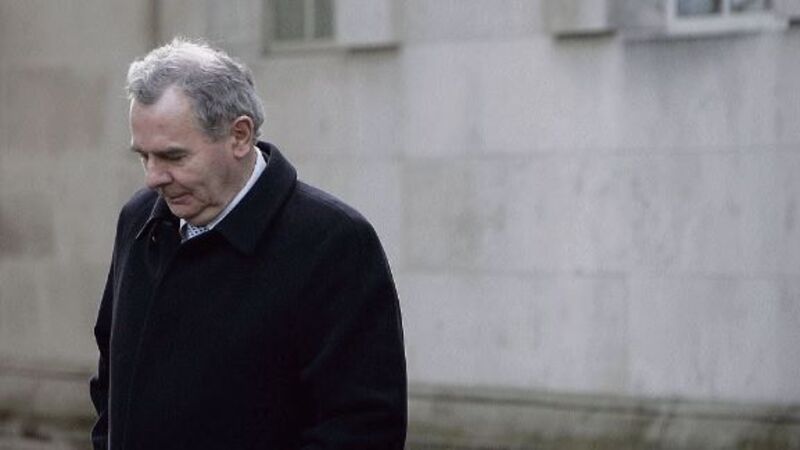Fall of the once-mighty Quinn

JAMES Bond would have had a job keeping up with these boys. The air miles alone would be enough to make any continent-hopping secret agent dizzy to his bones. And the plot would certainly find favour among the scriptwriters that push against the limits of the average imagination.
Meet the Quinns: Seán, once Ireland’s richest man; his son Seán Jr; and his nephew Peter Darragh Quinn.












